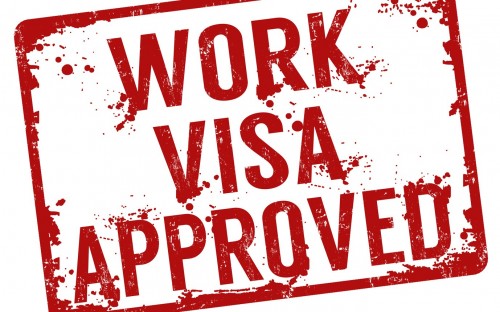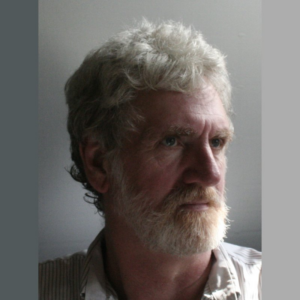News
24 Oct 2022
Winter in Australia is Summer in Europe

Subscribe to CX E-News
Crew import and export discussed
A crippling skilled crew shortage across the region can only be addressed by importing trained crew, and this is already happening. The challenges are many; a switched-on registered migration agent is essential.
CX spoke to Enda O Callaghan, who we worked alongside in the 90s as crew for Sydney production house SLATS, owned by Mark Taylor. Enda knows the nature of the live production industry, so he has the perspective to comment.
“One of the basic principles of migration tends to be reciprocity between nations. Usefully, there is a specific visa for getting entertainment crews into Australia, especially if it is for less than three months. The person inviting the crew into Australia must be an ‘approved temporary activities sponsor’. There is also a visa for, let’s say, a band to come to Australia for a promotional tour with no paid public performances (no concerts, TV and other appearances only).”
“As an Australian Registered Migration Agent, I already do these both of these visas for overseas film crews and other Australian designated events. For example – the Covid pandemic was declared an “event” and certain people who were trapped in Australia when borders closed were placed on these “event” visas.”

“Once a person goes over three months, the next option is a Working Holiday Visa 417. This allows the person one year in Australia but limits them to 6 months per employer. So, a person could work for 6 months with one employer’s show or tour, then switch to another employer in the same industry – ideally there would be two participating and cooperating employment agencies in the entertainment industry who would agree to 6-month contracts.”
“The age limits vary from 30-35 years of age, depending on what reciprocal arrangement Australia has with that country. For Ireland and Canada, the person must be under 35 but if from the UK they must be under 30.”
“To stay longer than one year, it gets complicated. It depends on the specific occupation of the crew member. Sound technicians have a pathway to longer-term employment but lighting technicians don’t. Neither do riggers for stage construction.”
“As you can see, the longer the person stays, the more complex it gets.”
“One more option – depending on the skills of the person. If any of the crew members that you have in mind are intended for Permanent Residency in Australia and they are exceptional individuals whose talent may be at a “world class” level, there is a Global Talent visa.”
“These might be individuals who have worked with internationally famous acts and/or at top venues – for example, big festivals like Glastonbury, European and US tours etc. with bands we would all know. They may have worked on famous West End or Broadway shows. They may have worked in broadcasting, film or recording studios. They may have won awards or worked on award-winning projects.”
“You know the type – a person Australia would be lucky to have working here.”
Netherlands-born and Sydney based production manager and safety consultant Roderick van Gelder has been talking with reputable Dutch crewing agencies during a recent visit.

“Talking to a few of the of the people who normally supply crews for the large festivals in the Netherlands there was a keen interest in starting an exchange programme. Now that the festivals around Europe are going into hibernation for winter, a lot of people still hurting from the COVID lockdowns are keen to keep working. These are all highly skilled people who understand the entertainment industry and all its quirky requirements. At the same time Europe is also suffering from crew shortages in their summer, so there would be great options for Australian crews to work and travel in Europe.”
“The people are there and willing to work, and work hard. The only stumbling block at the moment are temporary visas. Most will be looking for 3 months visas, or 6 months max. The question is can Home Affairs manage a quick turn around?”
On the other side, Enda can assist Australian crew into Europe.
“There are free movement Schengen countries on mainland Europe, so you can enter one – for example, France – and move freely to others. The UK and Ireland are separate to this. Some non-EU countries are members of the Schengen Agreement. Up to 90 days is easy. Longer than 90 days would require a full visa application.”
“There would be the other migration considerations of good health and good character (no substantial police record – substantial usually mean time in prison). There may be age restrictions also.”
“For the UK, crew members would need to have a certificate of sponsorship from a licensed sponsor in the entertainment industry. France also accommodates “cultural” visa applications. Each country may differ on any point; hence the need to know where the crew are going.”
Subscribe
Published monthly since 1991, our famous AV industry magazine is free for download or pay for print. Subscribers also receive CX News, our free weekly email with the latest industry news and jobs.






